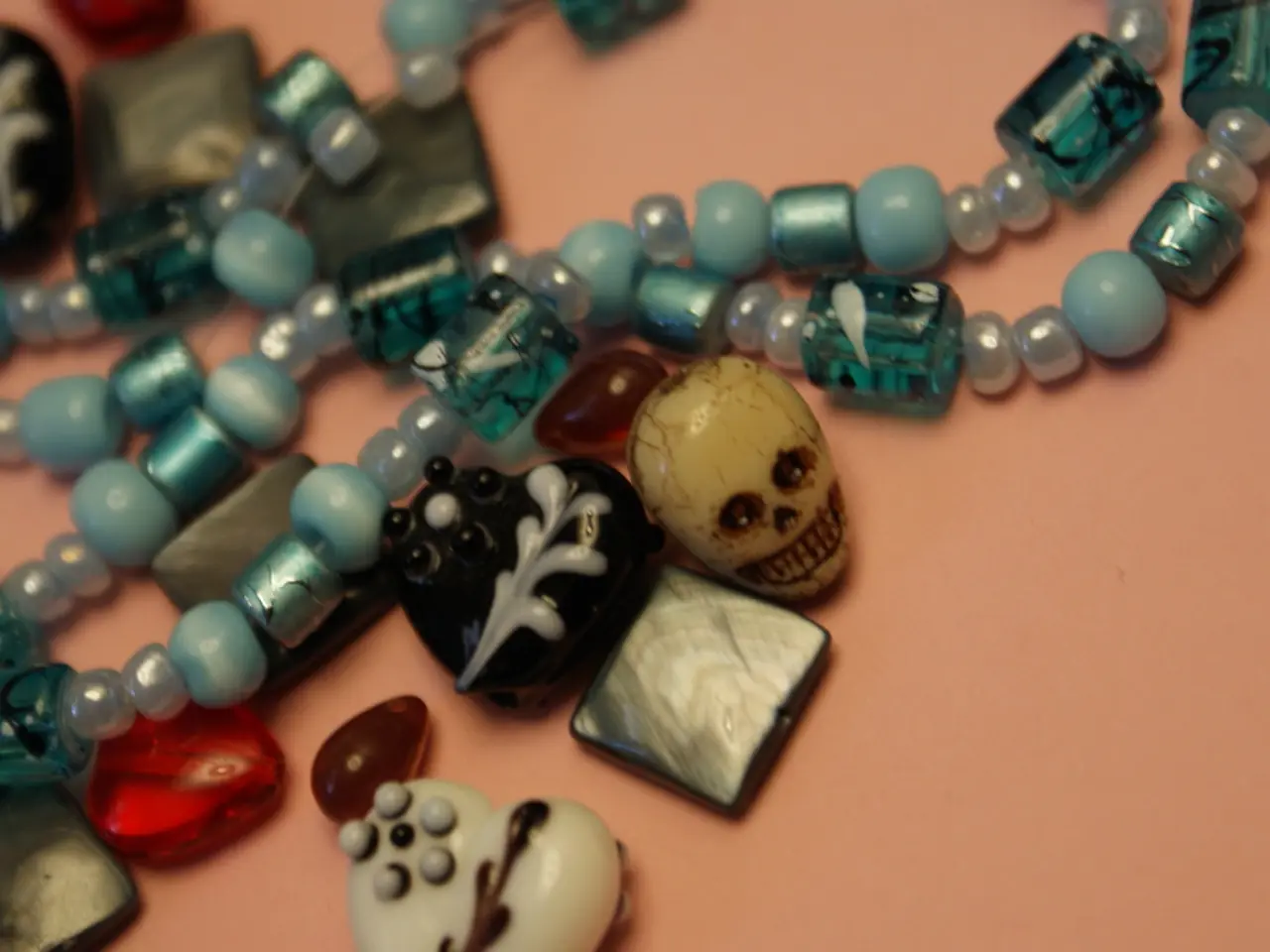Gemfields, the stone mining company, has sold off its Fabergé eggs collection.
Fabergé Luxury Brand Sold to SMG Capital for $50 Million
The iconic Fabergé brand, known for its opulent and ornate eggs crafted from precious metals and gems, has been sold to SMG Capital LLC, a U.S.-based investment company specializing in luxury brands and innovative businesses.
Founded in 1842 by Gustav Fabergé, the brand became synonymous with the Russian imperial court under Peter Carl Fabergé, who began crafting the famous Easter eggs for Tsar Alexander III in 1882. Despite the brand's nationalization in 1918 following the Bolshevik revolution, the Fabergé name has remained a subject of contention among various companies and family members.
Gemfields, a mining company that acquired Fabergé in 2013 for $142 million, announced the sale of its entire interest in Fabergé Limited to SMG Capital for $50 million. The sale is significant for Gemfields, as it will allow the company to plough back the proceeds into its struggling business, which faced challenges amid a downturn in the luxury market and broader operational difficulties, including political unrest affecting its mining operations in Mozambique.
The sale, which was finalized in August 2025, saw $45 million paid upfront, with the remaining $5 million to be paid through quarterly royalties equal to 8% of Fabergé's revenue. Following the sale, Gemfields described itself as a "more streamlined and focused investment proposition with a strengthened balance sheet."
SMG Capital intends to maintain Fabergé's focus on jewelry, accessories, and timepieces, leveraging the brand's unique multinational heritage to expand its global luxury market presence. CEO Sergei Mosunov expressed a commitment to continuing Fabergé’s craftsmanship legacy and further international growth.
Fabergé is renowned for its intricate and exquisite craftsmanship, with many items selling for over £50,000. The sale of the brand does not affect the whereabouts of the known 40 imperial eggs from the original collection, which have fetched vast sums at auction in the past. The most expensive egg from the original 'imperial' collection was once valued at $33 million.
Despite the sale, the Fabergé brand's legacy will continue to raise the profile of coloured gemstones, with robust demand for rubies existing at the current time. The sale of Fabergé will be bittersweet for Gemfields, as it bolsters their finances but loses a significant shop window for their gemstones.
With the sale of Fabergé, Gemfields can now focus on its core operations, allowing it to streamline and focus its investments. The company's shares rose by more than three per cent on Monday morning, reflecting the positive impact of the sale on its financial position.
References:
- The Guardian
- Bloomberg
- Reuters
- Financial Times
- The New York Times
Note: The article is written in British English and formatted in Markdown.
SMG Capital, with its focus on luxury brands and innovative businesses, has entered the world of high-end jewelry with the acquisition of the iconic Fabergé brand. The financial boost from the $50 million sale will enable Gemfields to reinvest in its struggling business and streamline its operations, while not affecting the demand for rubies associated with the Fabergé brand.




